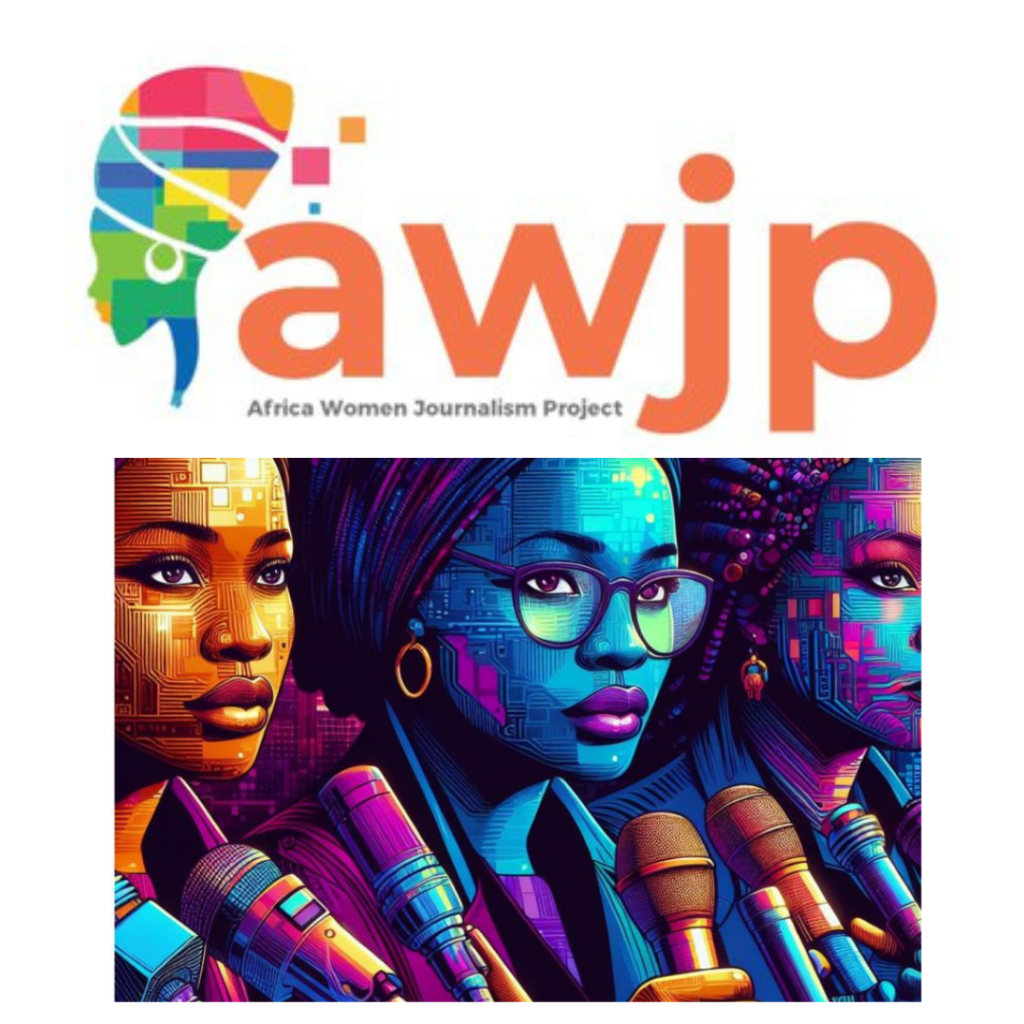
In an industry often dominated by male voices, the African Women’s Journalism Project (AWJP) is making significant strides in not only elevating women journalists but also in reshaping how stories about women and marginalised communities are told. Founded during the height of the COVID-19 pandemic by Catherine Gicheru, the AWJP has quickly become a beacon of innovation in the African media landscape.
Innovative Approaches to Advancing Journalism
From its inception, the AWJP has embraced cutting-edge strategies to support women journalists across Africa. Initially focused on addressing the challenges posed by the pandemic, the project emphasised data journalism, fact-checking, and investigative reporting—critical areas where misinformation threatened public health and safety. “During the pandemic, it became clear that we needed to equip women journalists with the tools and skills to navigate complex reporting challenges,” says Gicheru.
One of the project’s most innovative aspects is its focus on digital security. Recognising the increased risks that women journalists face online, particularly in regions where freedom of the press is under threat, AWJP has integrated comprehensive digital security training into its programs.
As the pandemic subsided, the AWJP continued to push forward its mission. It expanded its focus to broader issues like gender-based violence, economic inequalities, and climate change. These topics, often underreported in mainstream media, are explored through a gendered lens, highlighting the unique challenges faced by women and marginalised communities across Africa.
“Several of the AWJP fellows have been promoted to decision making positions,” says Gicheru.
Telling Women’s Stories with Impact
Beyond its innovative approaches to journalism, the AWJP’s most significant achievements lie in its ability to amplify the voices of women and tell their stories with depth and nuance. The stories produced by AWJP fellows have not only garnered local and international recognition and awards but have also had tangible impacts on the communities they cover.
One such story focused on the stigma associated with obstetric fistula in Ghana. The report spurred community action, leading to the construction of homes for women ostracised by their families. “This is just one example of how our work is not only telling stories but driving real change,” Gicheru notes. In Nigeria, an investigative piece on the brain drain in the medical sector led to a state government revising its policies on doctor retention, illustrating the power of journalism to influence policy.
The AWJP’s impact extends beyond these individual stories. By focusing on underreported issues through a critical gender and social justice lens, the project has helped shift the narrative within African media. This approach ensures that the stories produced are grounded in solid research and evidence, making them credible sources of information that can drive public discourse and action.
“Stories produced by AWJP fellows have earned recognition fron the ESAR Gender Journalism Award for Women’s Rights, Activism, and Leadership, the Africa Journalist Gender Equality Awards, FEMNET Gender Awards, AJEA, SIGMA Awards, and the EJAT award, among others.”
Creating a Lasting Legacy
As AWJP looks to the future, its mission remains clear: to continue supporting women journalists in telling stories that matter. Gicheru envisions the long-term impact of AWJP as profound, not only in terms of promoting gender equity in newsrooms but also in fostering a more inclusive media landscape. “We are gradually shifting the narrative within newsrooms, leading to more inclusive and equitable reporting,” she explains.
The broader journalism community in Africa has a role to play in sustaining this momentum. “Media organisations can support initiatives like ours by promoting gender equity and diversity within their own structures,” Gicheru urges. By doing so, the community can help ensure that the gains made in promoting gender equity in journalism are not only maintained but expanded across the continent.
“Never underestimate the impact your work can have in creating a more equitable and informed society. Your journey will not always be easy, but it will be worth it,” Gicheru says to aspiring women journalists.
A Call to Action
For aspiring women journalists, Gicheru’s message is clear: “Seek out mentors, build your skills, and stay true to your passion. Every story you tell has the potential to drive change.”
The African Women’s Journalism Project stands as a powerful example of what can be achieved when women are given the tools, support, and platforms to tell their stories. Through its innovative approaches and significant achievements, the AWJP is not just changing the face of journalism in Africa—it’s changing the stories that shape the continent’s future.
